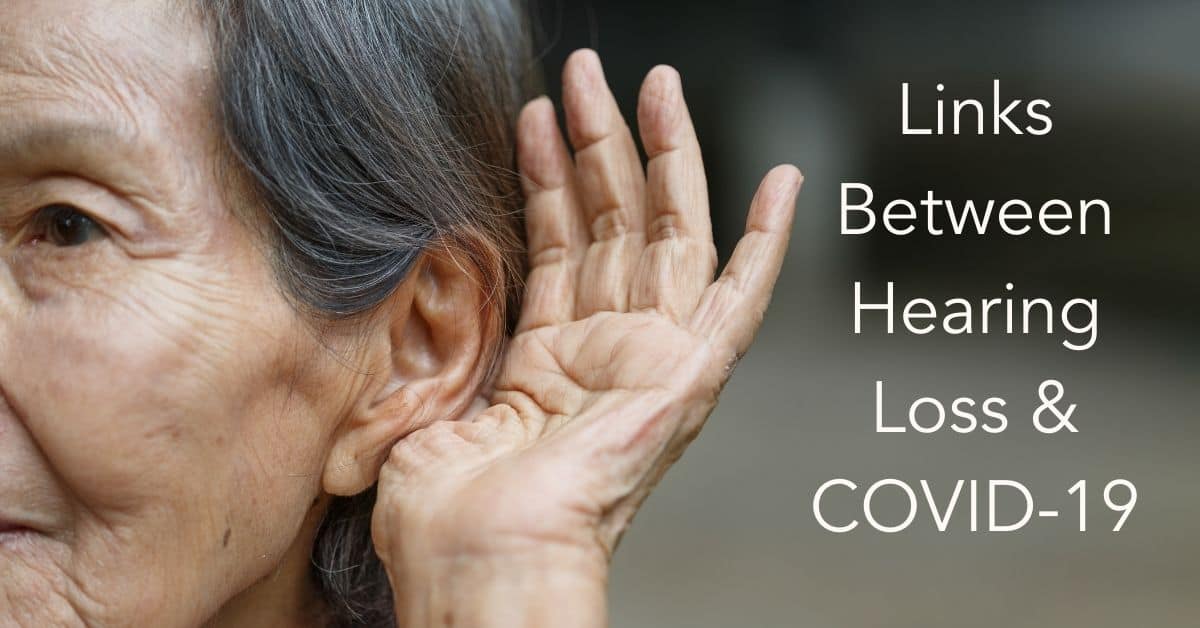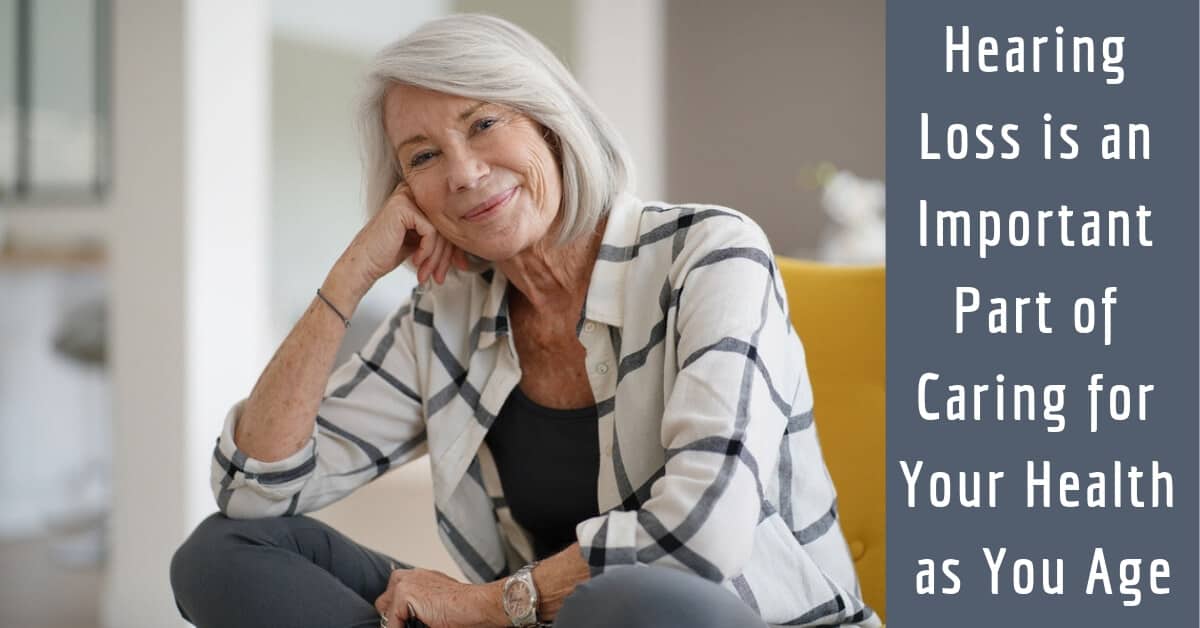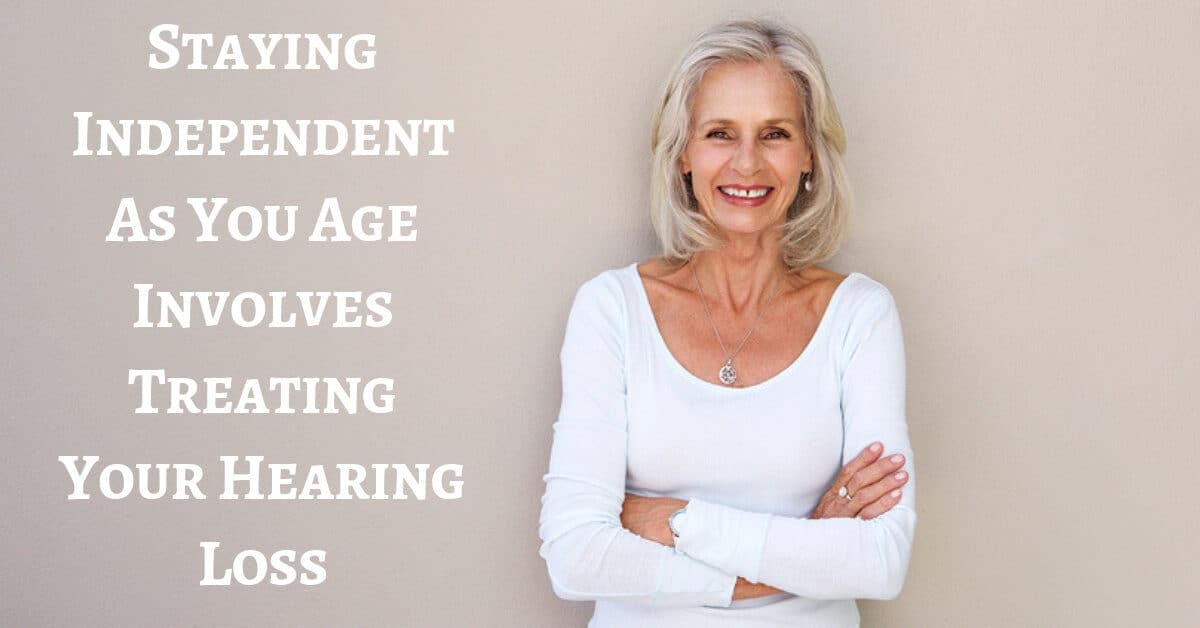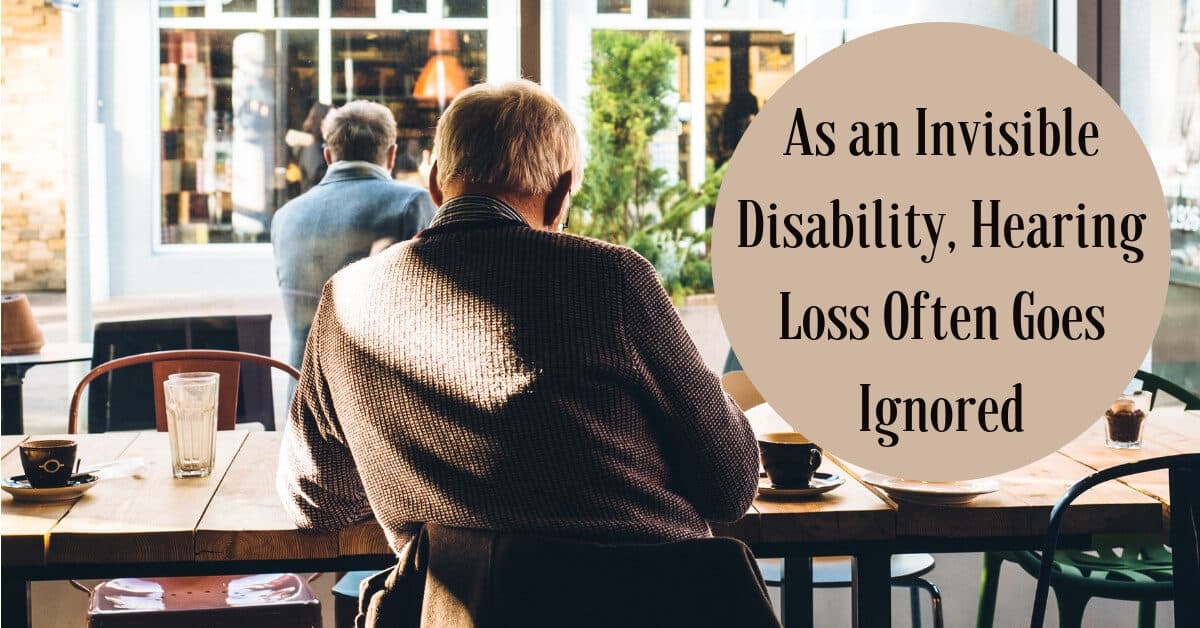Hearing loss is a prevalent yet widely misunderstood condition that affects millions of individuals across the globe. As hearing professionals, our mission is to provide accurate information, guidance, and the latest advancements in the field …
Why You Should Schedule a Hearing Test for World Alzheimer’s Month
This month, let’s take a moment to talk about Alzheimer’s disease, which affects many people directly or through someone they care about. This is the most common type of dementia, a more general term for …
Age-Related Hearing Loss is Often Undertreated
Hearing loss can be a strain, not just for the person who can’t hear but also for their friends and family. Hearing loss affects all your relationships, from the once-a-week friends you see at the …
Links between Hearing Loss & COVID-19
Have you been following the news about the COVID-19 pandemic? The coronavirus can be especially dangerous for older adults, so we recommend following your local guidelines to minimize your risk. COVID-19 has already been linked …
Hearing Loss is an Important Part of Caring for Your Health as You Age
As we get older it becomes more important to look after all aspects of our health. When you were in your 20s, skipping a doctor’s appointment and waiting for your immune system to take care …
Staying Independent As You Age Involves Treating Your Hearing Loss
You might not like thinking about aging, but the reality is that we all age whether we think about it or not. Fortunately, there are a number of things you can do to stay active, …
As an Invisible Disability, Hearing Loss Often Goes Ignored
While hearing loss is becoming more common, it often goes ignored. Some people don’t realize they have hearing loss, or think that their hearing loss is normal for their age. Others are in denial, and …
Hearing Loss and Millennials
You might think that hearing loss only affects seniors, but that is far from the truth. Hearing loss affects people of all ages, and millennials are more at risk now than ever before. Living in …








